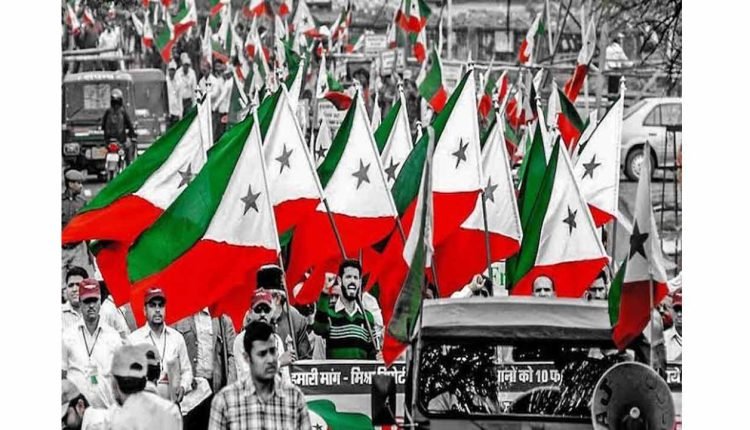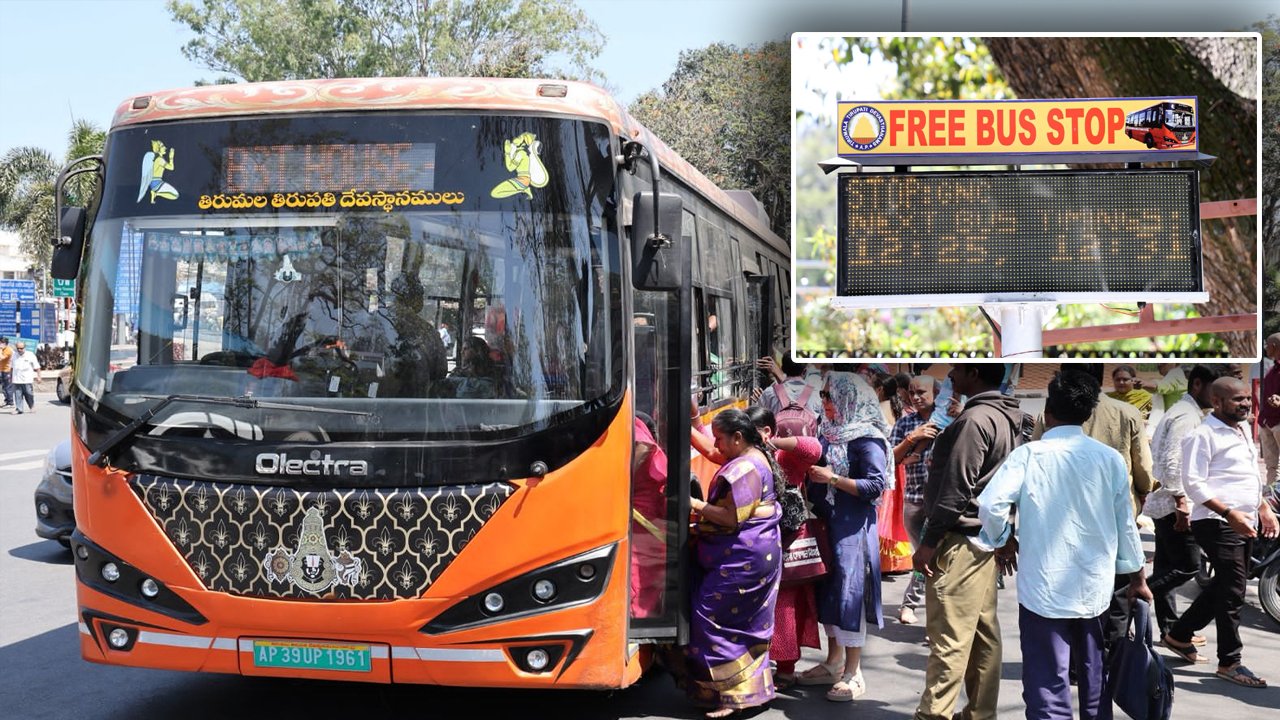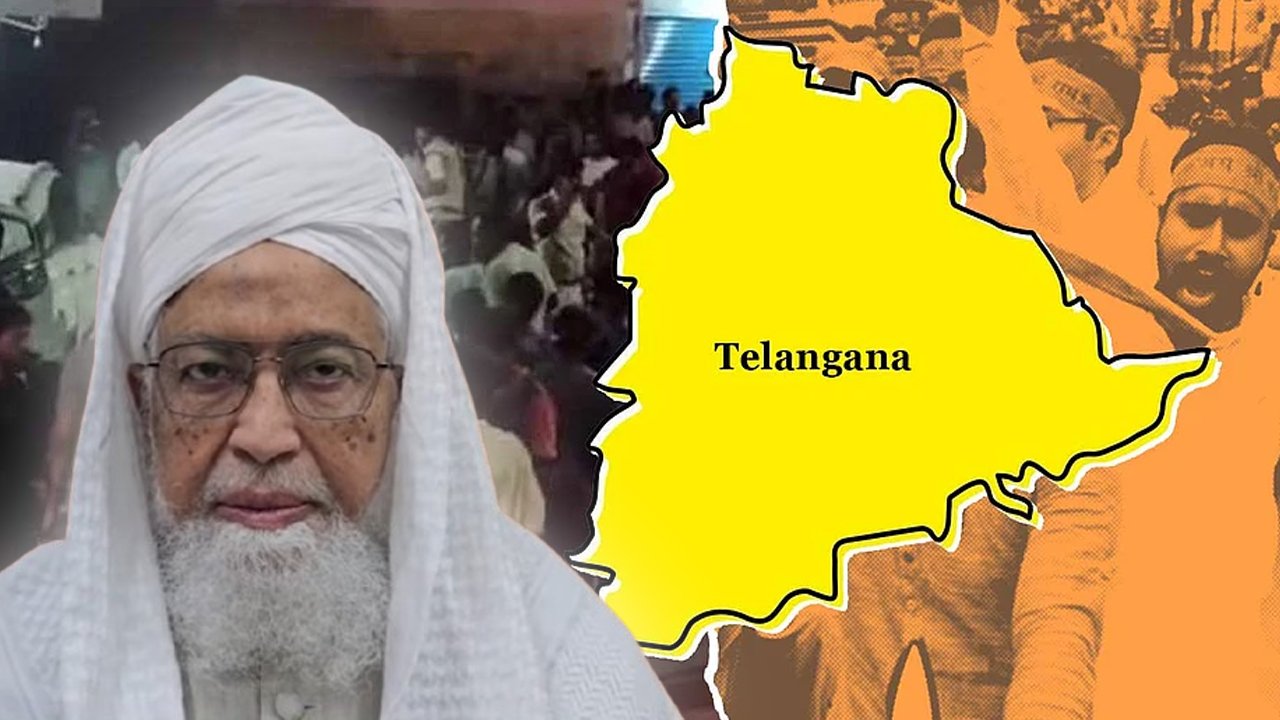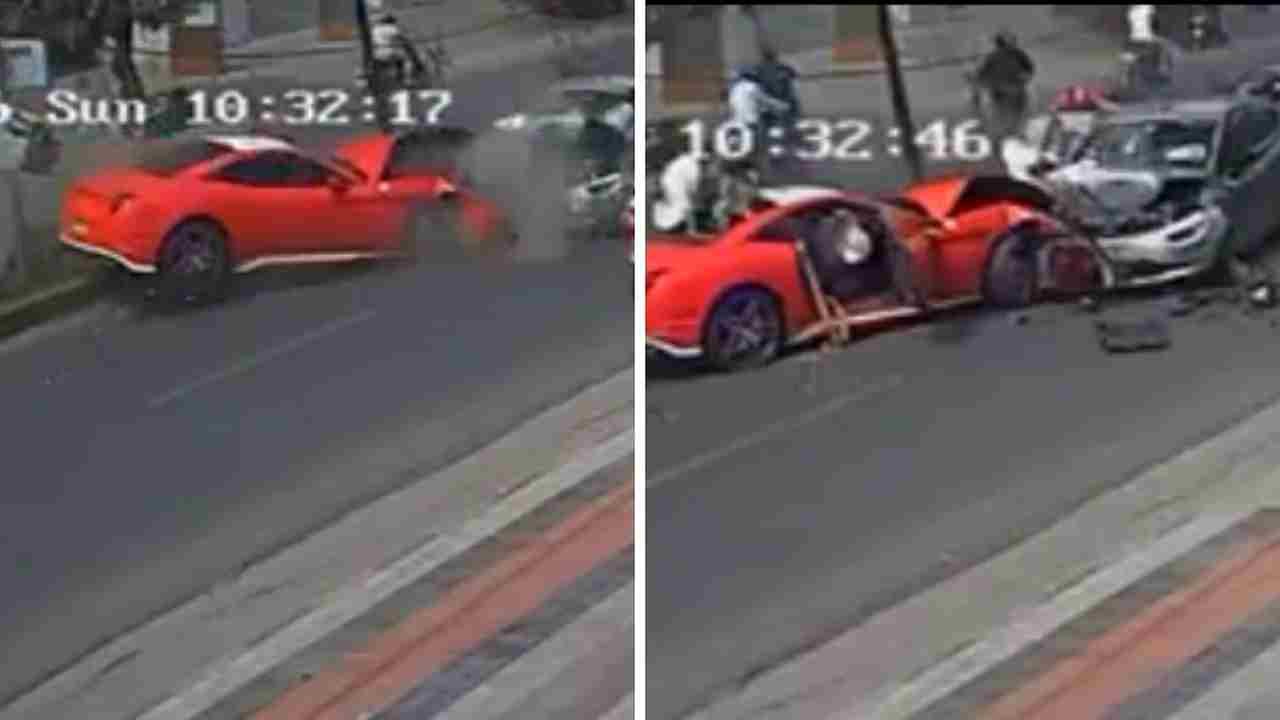Why has the Centre banned PFI? Here’s what you should know
The Centre has declared the Popular Front of India (PFI) an “unlawful association” under the Unlawful Activities Prevention Act (UAPA), 1967.
Central law enforcement agencies and state police across the country now have the right to arrest members of the organisation, freeze its accounts, and even confiscate its assets. Some significant consequences, based on the provisions of the law, that could follow:
- Section 10 of the UAPA criminalises membership of a banned organisation. It says that being a member of a banned organisation would be punishable by an imprisonment of two years and may extend to life imprisonment and even the death sentence in certain circumstances.
- Section 10 also says that any person who “is and continues to be a member of such association; or takes part in meetings of such association; or contributes to, or receives or solicits any contribution for the purpose of, such association; or in any way assists the operations of such association, shall be punishable with imprisonment for a term which may extend to two years, and shall also be liable to fine”.
This also applies to any person who aids the objectives of the banned organisation.
Applying this provision, central agencies and state police have over the years arrested hundreds of members of the Students Islamic Movement of India (SIMI) after it was banned by the Atal Bihari Vajpayee government. This provision has also often been used by state police in the Left Wing Extremism (LWE) affected districts of the country to arrest individuals for allegedly being members of the banned CPI (Maoist).
- The law says that in case the person possesses firearms or explosives and these result in loss of lives or grievous injuries or significant damage to property, the person shall be punished with death or with imprisonment (in cases where death has not occurred) between five years and life imprisonment.
It says that after an organisation is banned and the Centre is satisfied after an enquiry that “any person has custody of any moneys, securities or credits which are being used or are intended to be used for the purpose of the unlawful association, the Central Government may, by order in writing, prohibit such person from paying, delivering, transferring or otherwise dealing in any manner whatsoever with such moneys, securities or credits or with any other moneys, securities or credits which may come into his custody after the making of the order”.
- It also gives powers to agencies and police to raid and search premises of such organisations and to examine their books of account.
- Section 8 of the UAPA gives powers to the Centre to “notify any place which in its opinion is used for the purpose of such unlawful association”. The “place” here includes a house or a building, or a part thereof, or even a tent or a vessel.
- According to the law, after the Centre notifies a place, the local district magistrate is supposed to make a list of all the articles in the “place” and prohibit any person from using the articles that the magistrate deems may be used for “the purposes of the unlawful association”.
These provisions were recently used by agencies to freeze financial and immovable assets of Zakir Naik whose organisation the Islamic Research Foundation (IRF) was banned by the government in 2016.
Next Story :
Now you can get latest stories from Indtoday on Telegram everyday. Click the link to subscribe. Click to follow Indtoday Facebook page and Twitter and on Instagram. For all the latest Hyderabad News updates






